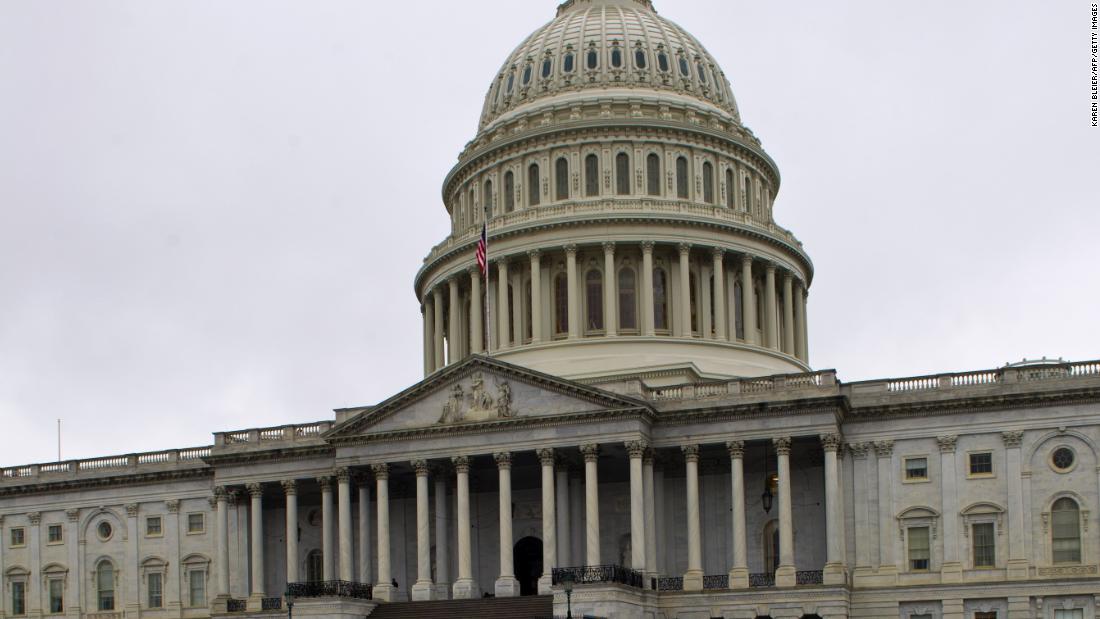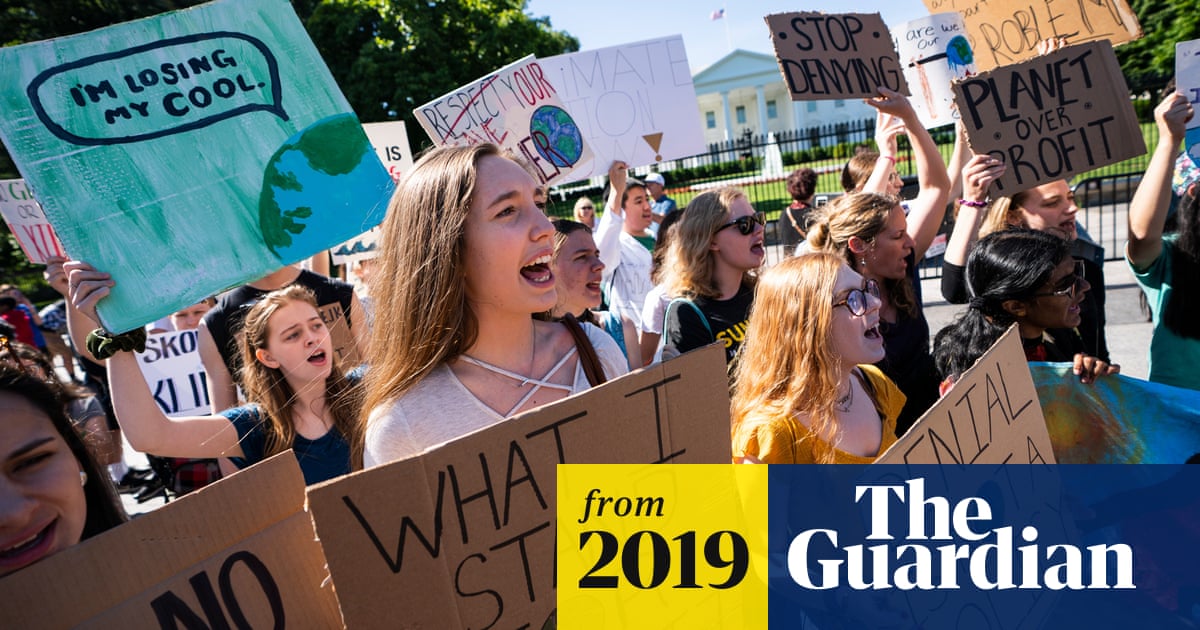MarkG
Well-known member
- Joined
- 11 Dec 2017
- Messages
- 4,561
Some things I don't know.
How much of what goes in the recycling actually gets recycled and into what? apparently greasy pizza boxes aren't recyclable, Ao what happens to those if they are all in the same green bin as jars and cans?
Also what if jars and cans aren't clean?
Also I see that the plastic bag 'ban' reduces usage, and that plastic based wet-wipes clog up sewers.
But the latest fad is a ban on plastic straws and cotton buds and coffee cups. This all seems very minor when you see how much packaging there is in supermarkets which is a mix of hard and soft plastic, cardboard, laminates. Or if you buy anything electrical how much packaging there is with polystyrene which i think is unrecyclable.
How much of what goes in the recycling actually gets recycled and into what? apparently greasy pizza boxes aren't recyclable, Ao what happens to those if they are all in the same green bin as jars and cans?
Also what if jars and cans aren't clean?
Also I see that the plastic bag 'ban' reduces usage, and that plastic based wet-wipes clog up sewers.
But the latest fad is a ban on plastic straws and cotton buds and coffee cups. This all seems very minor when you see how much packaging there is in supermarkets which is a mix of hard and soft plastic, cardboard, laminates. Or if you buy anything electrical how much packaging there is with polystyrene which i think is unrecyclable.


